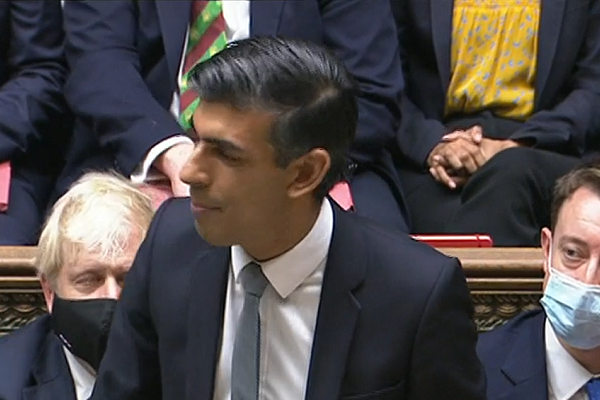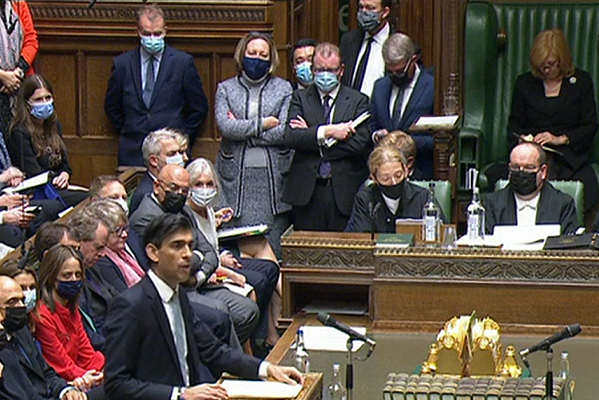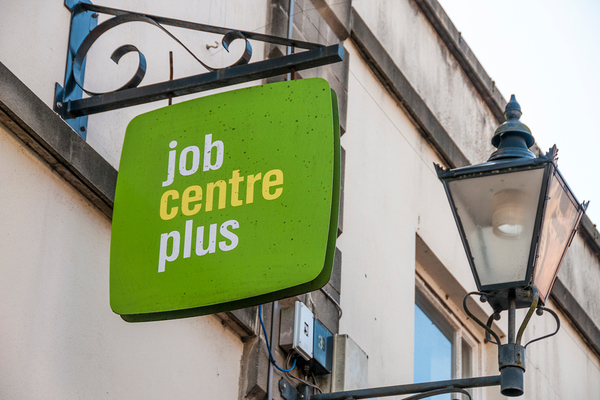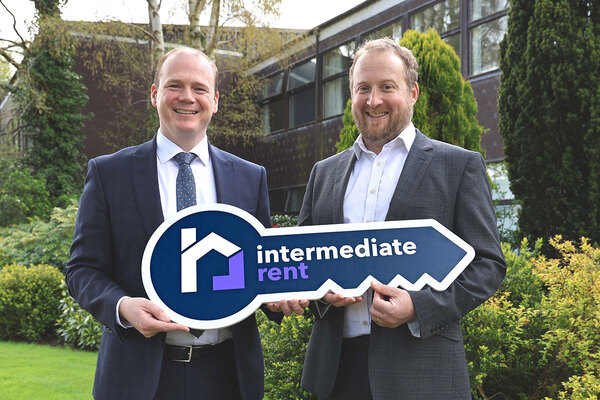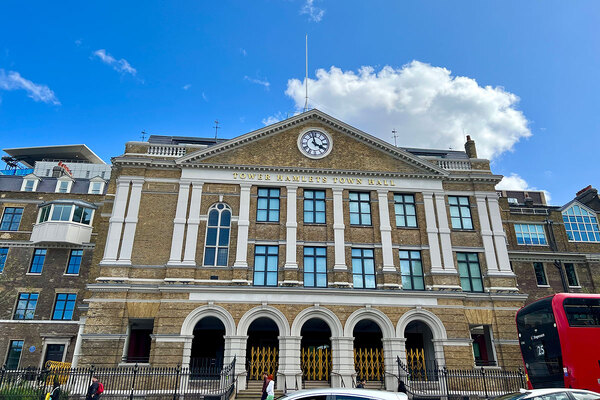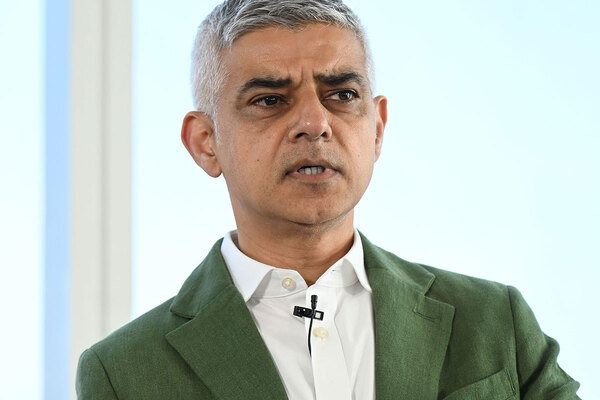You are viewing 1 of your 1 free articles
Universal Credit taper rate cut by 8%
Universal Credit claimants will be able to keep more of the money they earn, the chancellor of the exchequer said today as he announced a cut of 8% to the taper rate in his Autumn Budget.
The taper rate is the rate at which Universal Credit is reduced once a claimant starts to earn over a certain amount. It is currently 63%, which means that for every £1 claimants earn over their work allowance, Universal Credit is reduced by 63p.
Unveiling his Spending Review plan, Rishi Sunak said the taper rate will be reduced to 55%, equating to 55p for every £1.
There are two work allowance rates – if someone receives support for housing costs they must pay the taper rate once they earn more than £293 per month, if they do not, it is £515 per month. The move aims to incentivise people into work.
Mr Sunak said: “Let us be in no doubt, this is a tax on work and a high rate of tax at that. Organisations such as the Trades Union Congress, the Joseph Roundtree Foundation, the Resolution Foundation, the Centre for Policy Studies, and the Centre for Social Justice have all said it is too high.
“To make sure work pays and help some of the lowest income families in our country keep more of their hard earned money, I have decided to cut the rate … by 8%.”
The cut will be introduced “within weeks”, and no later than 1 December.
The Chancellor said the move, along with plans to increase the work allowances by £500, equates to a tax cut next year of over £2bn.
“Nearly two million families will keep on average an extra £1,000 a year,” he said.
According to the Budget and Spending Review document, the increase of £500 in work allowances will be for households with children or those with a member with limited capability for work.
The rise, to “benefit 1.9m working households”, is also set to be put in place by 1 December.
The documents estimate that it will be a tax cut for low income working households in receipt of UC equivalent to £2.2 billion a year in 2022-23.
“They will allow working households to keep more of what they earn and strengthen incentives to move into and progress in work,” the document states.
The changes will apply across Great Britain, and funding is being provided to the Northern Ireland Executive to implement equivalent measures, the government said.
According to the document, in total government will provide “£247 billion of support” through the welfare system, including £41 billion through Universal Credit and £105 billion through the State Pension.
Shadow Chancellor Rachel Reeves Labour “welcomed” the news on Universal Credit, but said “millions will still struggle to pay the bills this winter” because of the fuel crisis.
Sign up for our daily newsletter
Already have an account? Click here to manage your newsletters
